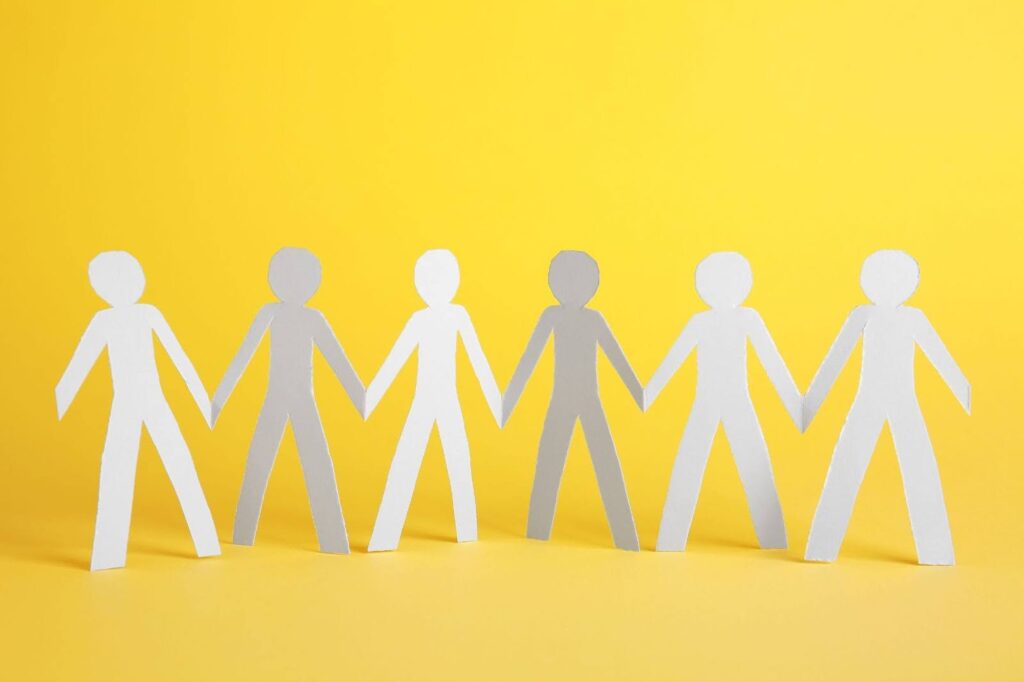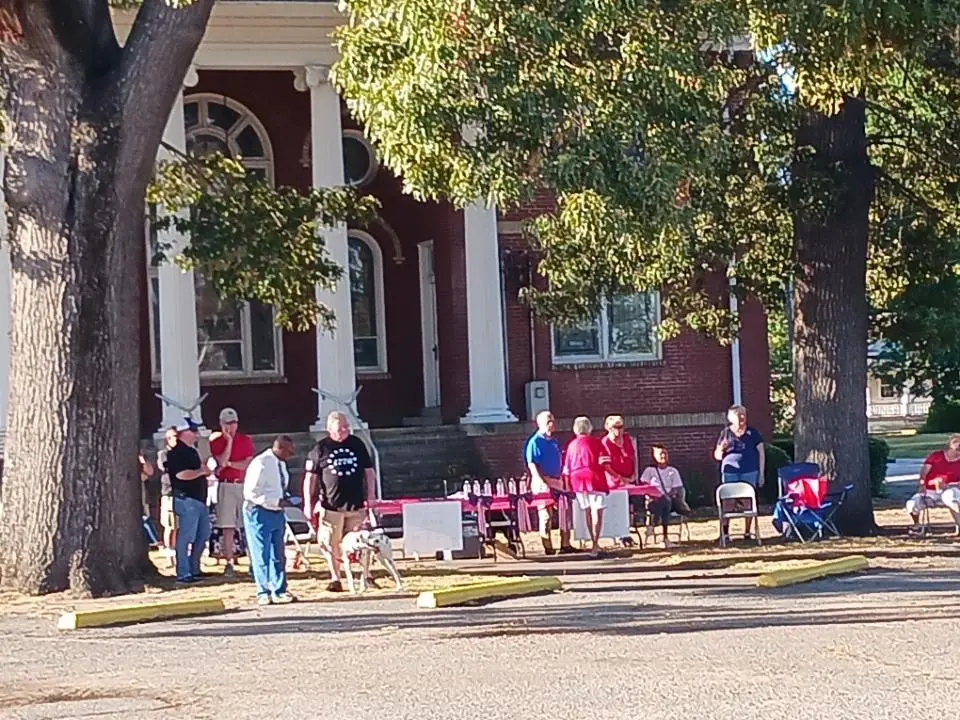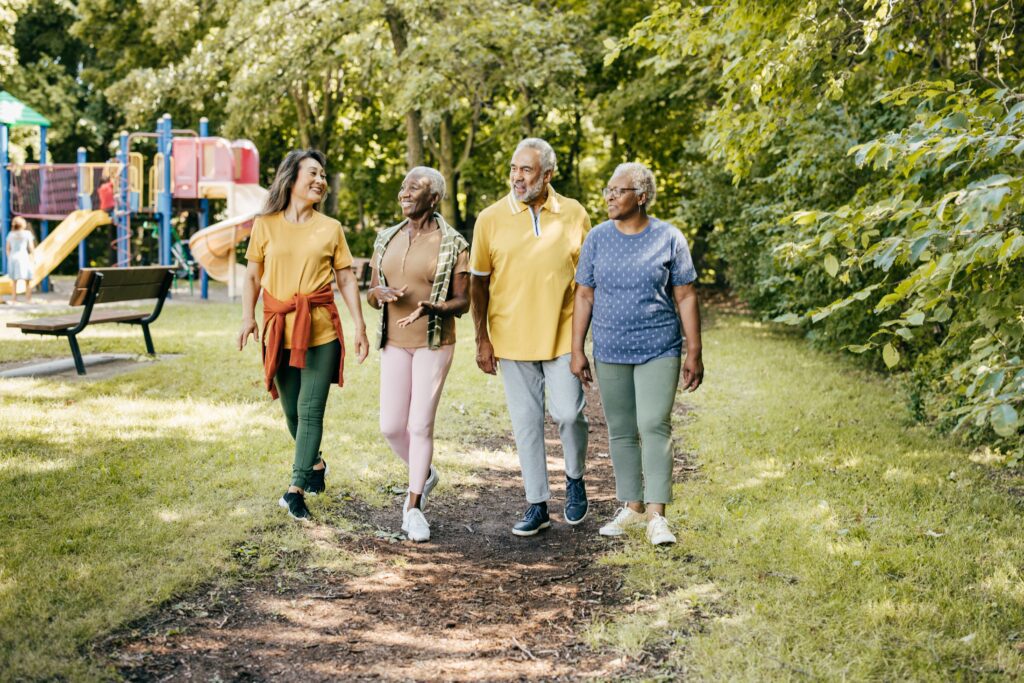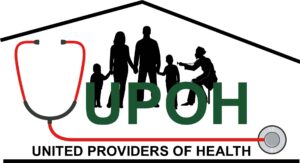
Building a Healthier Community Through Social Connections
In today’s world, we’re more connected than ever through technology, yet many people still feel lonely or distant from others. Having close relationships with friends, family, and our community isn’t just nice—it’s essential for staying healthy. At United Providers of Health (UPOH), we believe that good health comes not just from doctors and medicine but from the support of those around us.
How Social Connections Affect Health

Decades of studies show that having strong relationships is just as important as eating healthy, exercising, and seeing your doctor regularly. Let’s break it down:
Staying Healthy and Living Longer
People with good social support live longer, healthier lives. On the other hand, being lonely can increase your chances of getting serious illnesses like heart disease or dementia. When you have people who care about you, you’re more likely to stay active, eat well, and take care of yourself. Friends and family also encourage you and remind you to look after your health. Simply put, strong relationships can protect you from getting sick.
Mental Health Benefits
Having a strong social circle is one of the best ways to stay mentally healthy. Spending time with others helps reduce stress, loneliness, and even depression. People with good friends and family tend to feel better about themselves and have more purpose in life. Social support isn’t just nice to have—it’s necessary for keeping your mind healthy.
Managing Stress and Feeling Supported
Humans are naturally social. When we feel understood and supported by others, we manage stress better. Talking to someone, celebrating good times, or leaning on a friend during tough moments can help lower stress hormones in the body. This keeps our emotions balanced and helps us bounce back from challenges.
What Are the Social Determinants of Health (SDOH)?

Social connections are part of something called the Social Determinants of Health, or SDOH. These are non-medical factors, like your income, education, and social environment, that affect your health. When people have strong support networks, they often have better health overall. These networks can offer emotional support, resources, and advice when facing difficult decisions.
Why Connection Matters for Communities
Being healthy isn’t just about personal relationships—it’s also about how connected we are as a community. When neighbors trust each other, share resources, and come together for events, the whole community benefits. Communities with strong ties often have better access to resources and improved health outcomes.
Imagine a neighborhood where people help each other by sharing childcare, food, or transportation. These small acts can fill in gaps that healthcare systems miss and make a big difference in people’s lives.
How UPOH Supports Connections in Bethel, NC

At UPOH, we know that a connected community is a healthy community. That’s why we create opportunities for people in Bethel, North Carolina to meet, form relationships, and support each other.
Last year’s Fourth of July, we partnered with the Town of Bethel and the Bethel Convention Center to host the town’s first fireworks show. It wasn’t just about the fireworks—it was a chance for neighbors to celebrate together and strengthen their bonds.
Coming up, UPOH will host a Paint and Lumber Open House at Bethel Hardware. This event will bring contractors and residents together to learn about home improvement projects. It’s another way to connect, share ideas, and build lasting relationships.
Why Building Connections Is Key to Health

Social connections aren’t just a bonus—they’re a core part of staying healthy. They improve how we handle stress, help us recover from challenges, and make our communities stronger. At UPOH, we’re proud to bring people together because we know that when we connect, everyone’s health improves.
Join us at our next event and be part of our mission to create a healthier, more connected Bethel.
Sources:
Social Determinants of Health. Social Determinants of Health – Healthy People 2030. (n.d.). https://odphp.health.gov/healthypeople/priority-areas/social-determinants-health
Sundström A, Adolfsson AN, Nordin M, Adolfsson R. Loneliness Increases the Risk of All-Cause Dementia and Alzheimer’s Disease. J Gerontol B Psychol Sci Soc Sci. 2020 Apr 16;75(5):919-926. doi: 10.1093/geronb/gbz139. PMID: 31676909; PMCID: PMC7161366.
